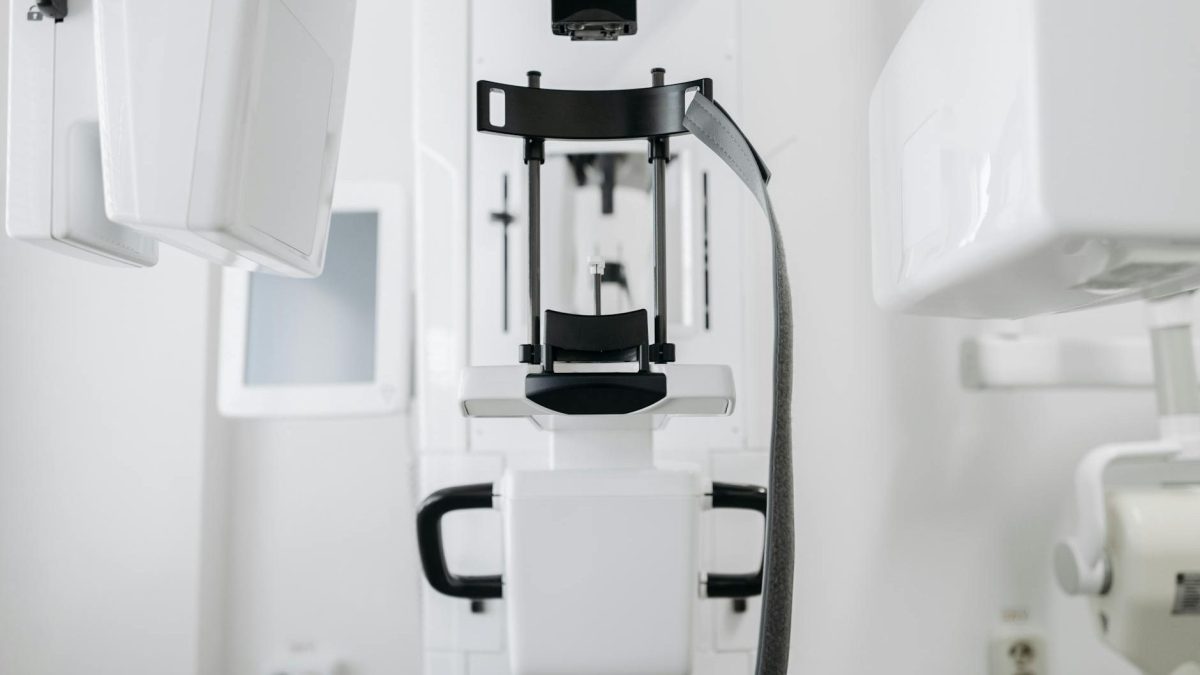An ageing population, the prevalence of chronic diseases and rising healthcare costs are just some of the major concerns. However, technology emerges as a key opportunity to address these challenges and improve healthcare significantly.
Challenges and needs
- Ageing population: Spain is among the countries with the longest life expectancy, which presents unique challenges in terms of healthcare for an increasingly older population.
- Prevalence of chronic diseases: The increase in chronic diseases demands more efficient and personalised care for patients.
- Changing external threats: Factors such as rising pharmaceutical spending, migration of resources and expansion of services create additional pressures on the healthcare system.
Applied solutions and technologies
- Improving patient experience: Telemedicine and the digitisation of medical consultation enable more accessible and convenient care, especially for older patients and those in rural areas.
- Process efficiency: Digitisation and automation of healthcare processes reduce costs and free resources for higher-value tasks, improving overall system efficiency.
- Improved decision-making: Data analysis enables a better understanding of patients’ needs and facilitates more accurate diagnoses and effective therapeutic decisions.
- Adaptation of the healthcare system: The implementation of specific solutions, such as advanced telecare and remote management systems, enables more personalised and continuous care for chronic and elderly patients.
- Security and data protection: Cybersecurity in the healthcare sector is essential to ensure the confidentiality and protection of sensitive medical information.
The future of robotic surgery in the hand of technology
Traditional surgical education often requires physical presence in the operating room, which limits participation and makes it difficult to convey crucial surgical nuances. However, with the immersive solution, participants can observe surgeries in real time, communicate with the surgical team and even provide graphical annotations on the footage in 4K and 3D.
This immersive experience not only enhances training, but also facilitates knowledge sharing between surgeons worldwide.
The implementation of this pioneering solution represents a significant value proposition for both medical teams and patients.
Conclusions
In summary, technology offers an unprecedented opportunity to transform the healthcare system, address existing challenges and improve patients’ quality of life. It is crucial that we continue to leverage these innovations to build a more efficient, accessible and patient-centric healthcare system in Spain and beyond.
